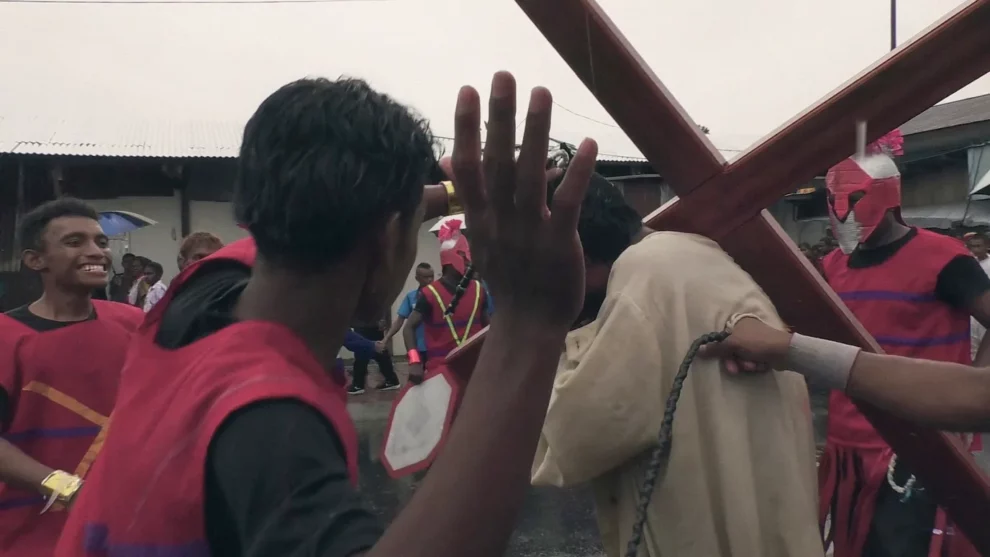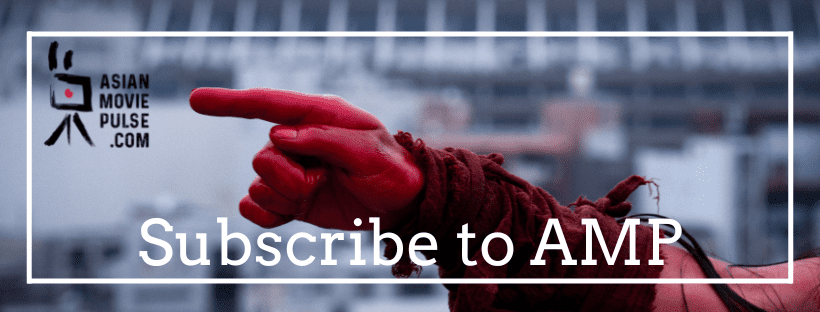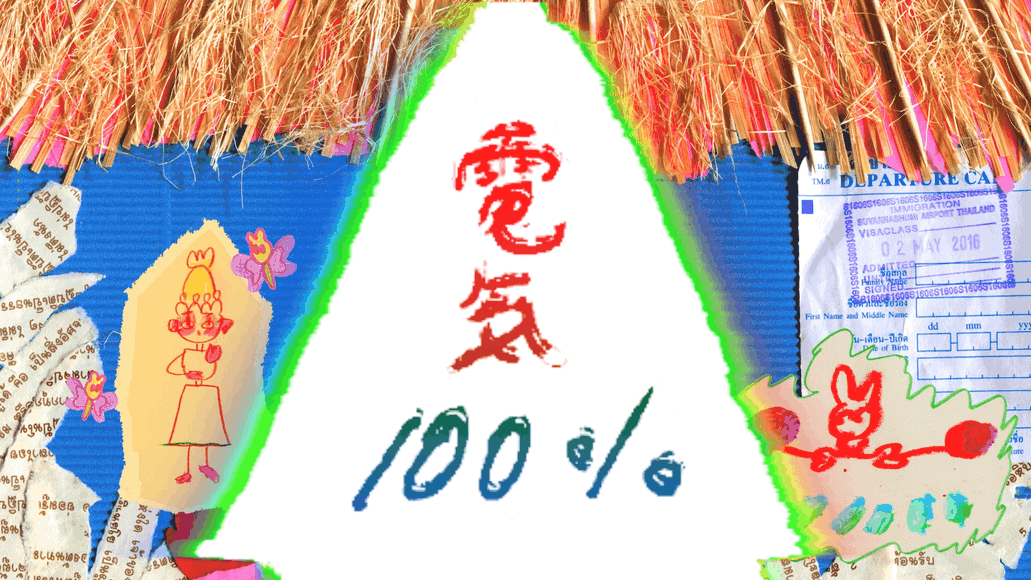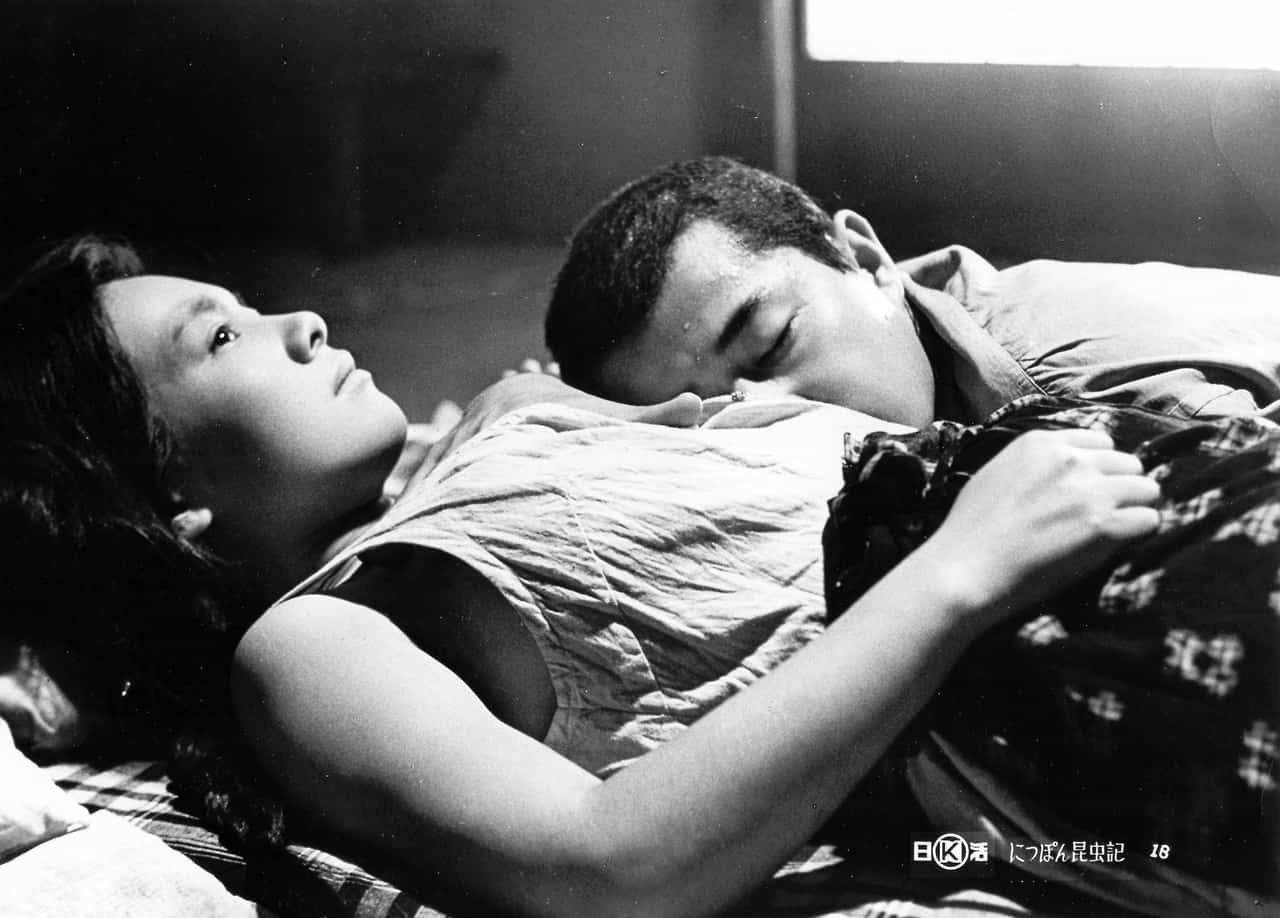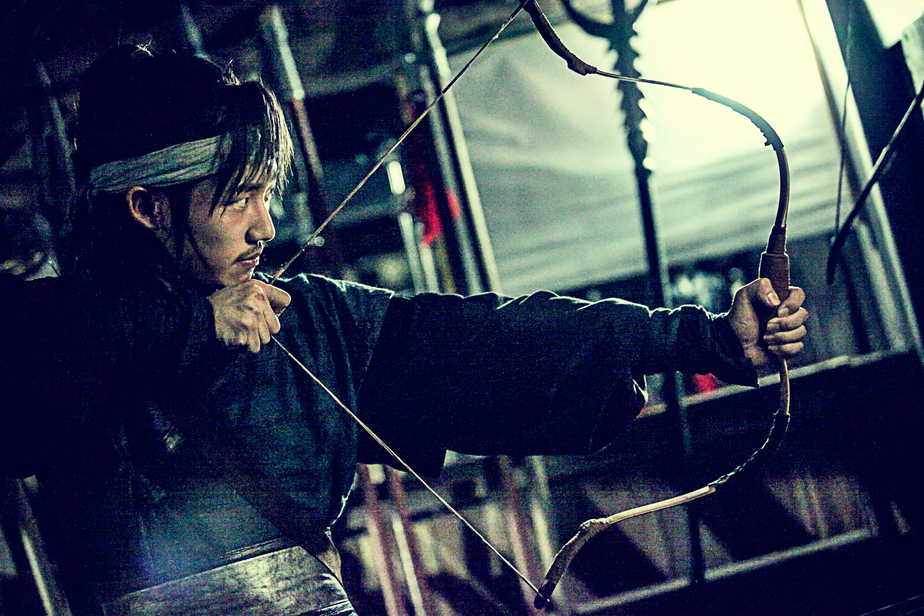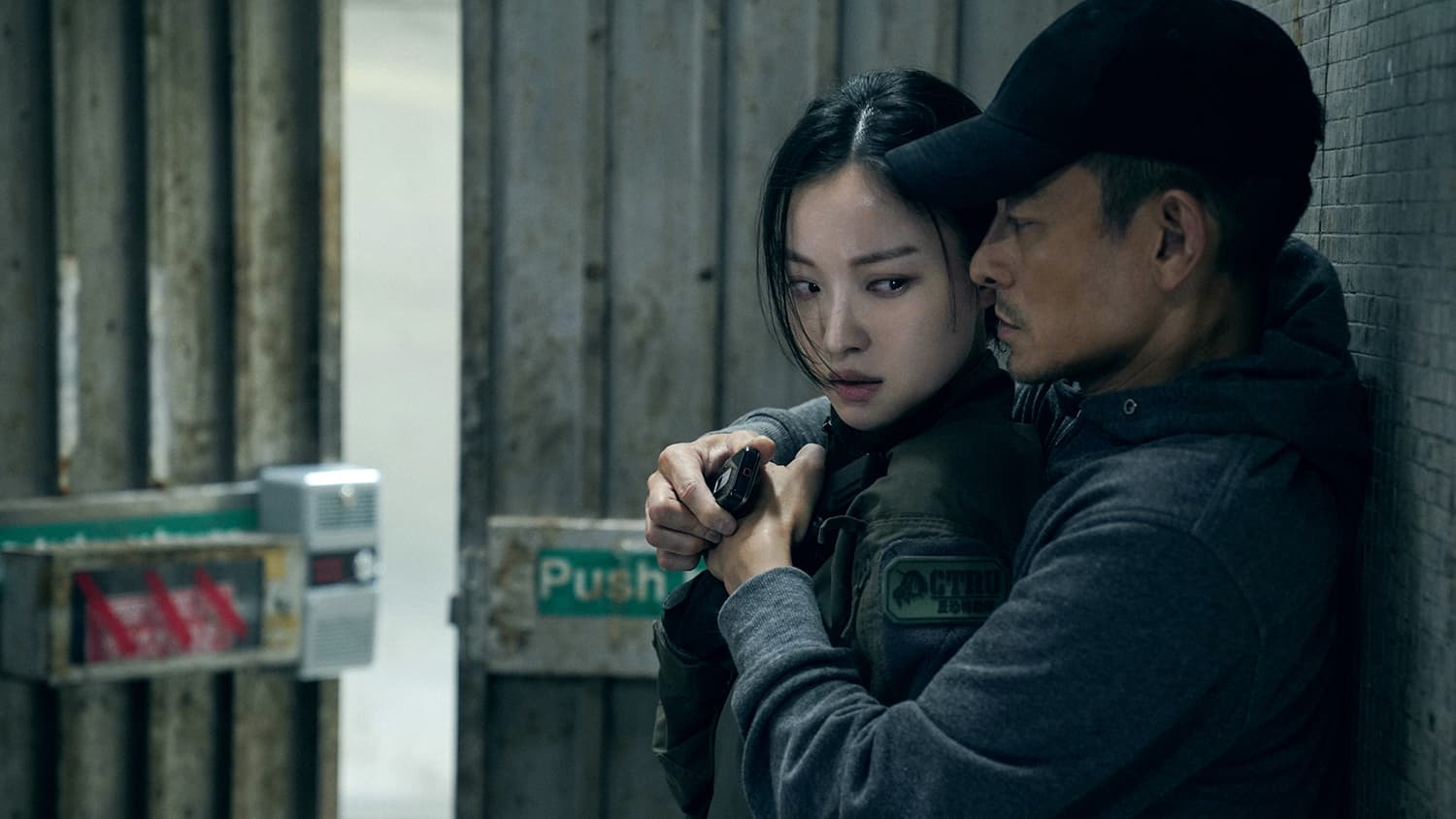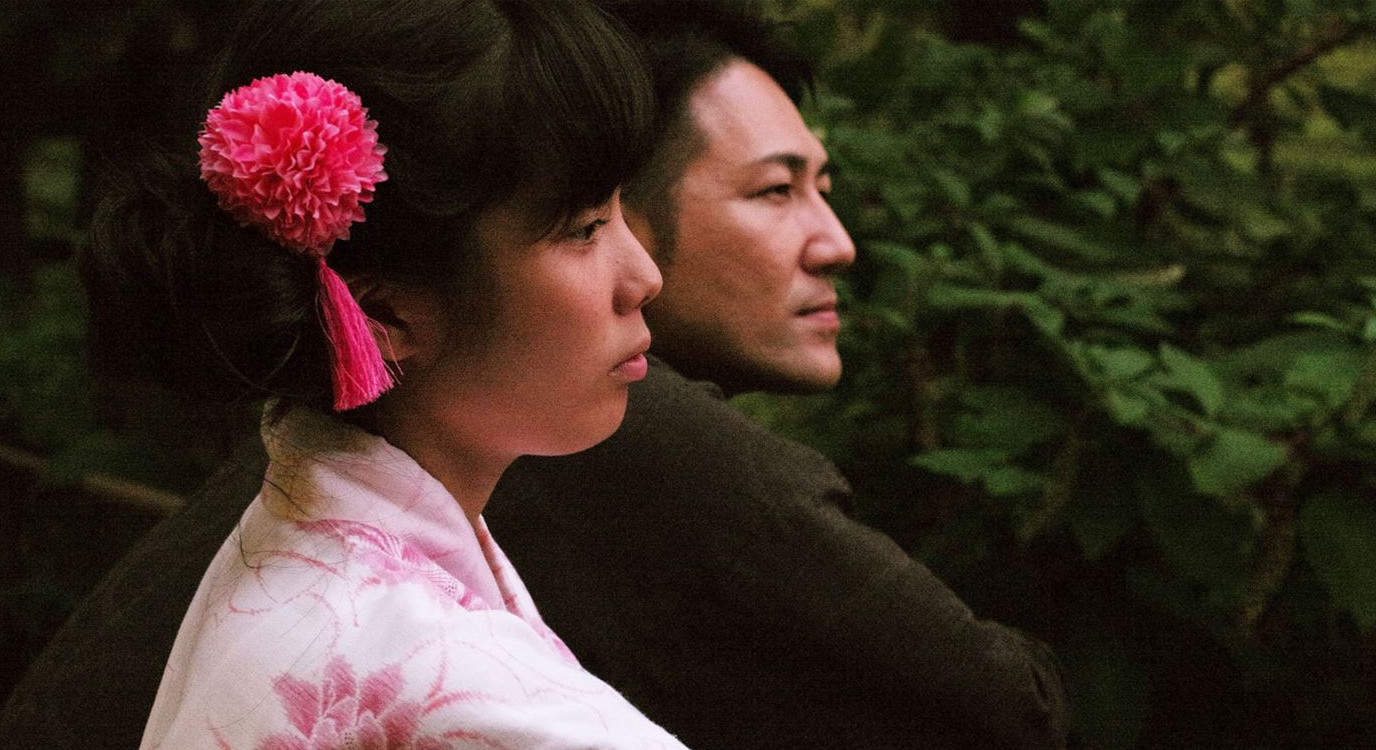The Papuan filmmaker Yonri Revolt was at IFFR in 2023 with his debut feature documentary “Mayday! May Day! Mayday!” about the strike of miners from the Grasberg copper mine in Indonesia, and now he is back in Rotterdam with “The Silent Path” a very personal documentary about his adoptive father Lambertus Henricus Hagendoorn, aka Pater Bert, a Dutch Catholic priest who was in service in Papua over 50 years.
The Silent Path is screening at International Film Festival Rotterdam
Upon the clerics's return to the Netherlands only few years ago, the filmmaker started reading his diaries in which things he was not aware of were described those of political nature, observations of local people's beliefs and rituals, but also of colonialism and injustices that the priest mostly accepted as they were. It is the voice of Yonri Revolt that reads the excerpts from the diaries, while images shown on screen belong to diverse news reels or other forms of archive footage. Some of them are in bad shape, but the images are nevertheless recognizeable. At the beginning, we see soldiers and tanks on the streets, barbwire, and full hospital beds. It is 1973, a year that brought changes to Papua New Guinea when it became self-governing in December. “Even though I'm a priest, I still have to report myself to the army post in Abepura”, admits Pater Bert honestly. He recalls getting acquainted with an army corporal due to that, who later on began visiting him in the monastery to drink tea and have someone to pray for him. At the same time, the things he and his companions were telling the cleric were brutal, tasteless and explicit, showing great disrespect to women they engaged with, meant as a joke.
Yonri Revolt selects interesting passages from the priest's written toughts that cover four decades to show many facettes of the person behind them. In one of the entries, he discovers how wearing clothes was imposed on tribes by the government, who at the same time forgot to provide people with the detergent or to explain they needed to wash them. After several months of wearing the same (yellow) fabric, people would get terrible skin problems, and the clothes were declared as items that anger the spirits and make everyone sick. But it's less of political changes and attempt at some kind of modernization of the tribal life-style that occupied Father Bert's mind in 1973. The news of his mother's passing caused him big pain, especially because he couldn't attend her funeral. When he writes about it, another detail gets revealed: the comfort that the beauty of Papuan nature gives him.
Fascinating as the cleric's attachment to the land of his choice is, the way he calls it “the last primitive land on Earth” while speaking to Yonri and his friend Chichi, an activist close to both men, stands in strong contrast to it. It is not the only contradicting side to a man who has done a lot for the local community while being one of the intruders. The videos made by Revolt in 2020 reveal his father's complicated nature. We are informed about how he established a youth organization in Timika, and the Foundation as well, and most importantly – the AIDS Prevention Committee, advising those sexually active to use condoms, which was – as you might expect – condemned by the church. He was also the one in favor of contraception for women, and against John Paul II's denouncement of the liberation theology in 1979.
When the focus at one point suddenly shifts to the filmmaker who finds Bert's lengthy accounts of his youth and impressions of him, the helmer starts remembering how we was motivated by the priest to pursue his creative talent. “He told me that I should keep writing and taking notes, also change the pen once in a while” he recalls.
“The Silent Path” is a clever lesson in history of the Dutch colonial repression of the people in Indonesia seen through the eyes of one man who was part of it, but who nevertheless invested his heart and soul into helping those who needed him. The films stick to a clear narrative easy to follow. It is shot in black & white, an optic that harmonizes with the archive footage.
Revolt's sophomore film that is superbly edited and told with heart, celebrates its world premiere in the festival's Harbour programme. It is a profound study of a man who was gradually defined by the country he had spent most of his life in, which maybe made him both a better cleric and a better human being, but none the less a part of the system.


